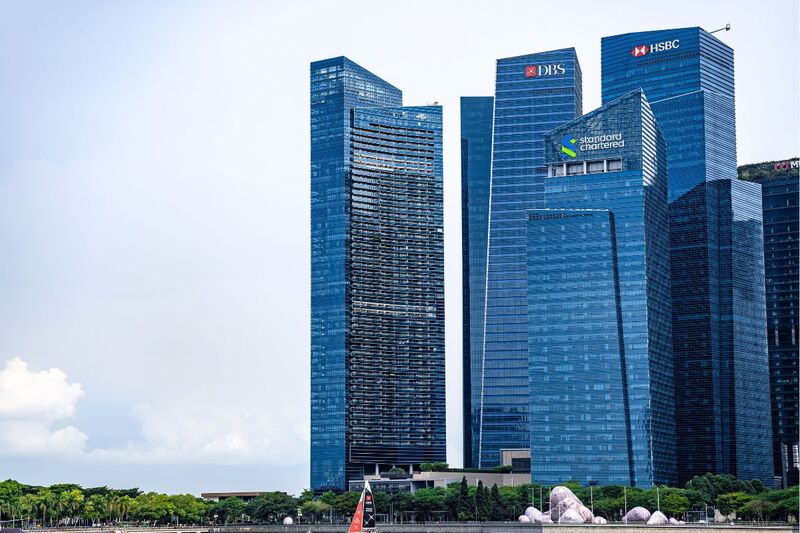What Does A Structural Engineer Do?

Do you want to pursue a career in construction? You can have a pivotal role in developing the new Cross Island Line (CRL) or the next batch of Built-To-Order (BTO) HDB flats!
The construction industry in Singapore is steadily recovering from the Covid-19 pandemic, with a projected annual growth rate of 4.4% from 2023 to 2026. As such, there are plenty of open positions in the construction sector.
In this article, you can learn more about the role of a Structural Engineer. A branch of civil engineering, structural engineering is primarily concerned with the structural design of man-made structures.
What does a Structural Engineer do?
Simply put, a Structural Engineer’s role is to ensure the structural integrity of proposed construction projects—from high-rise skyscrapers to overhead bridges. A Structural Engineer has to design structures which are strong enough to withstand the forces of nature.
As a Structural Engineer, you will be in charge of designing and inspecting building projects for maximum strength and stability. One crucial component of your role is to choose the building materials carefully in order to achieve that outcome. You have to be familiar with the various materials and their unique properties (such as their weight, tensile strength and flammability).
Other key responsibilities include:
- Using computer modelling simulations to predict whether structures can withstand diverse conditions
- Calculating loads and stresses on structural foundations, beams and walls in a building
- Ensuring compliance with the latest safety regulations
- Performing detailed technical analysis of complex project design issues
- Liaising with local authorities such as the Building and Construction Authority (BCA) in Singapore.
What Skills and Qualifications do you need to be a Structural Engineer?
If you want to be a Structural Engineer, you will minimally need a Bachelor’s Degree in Structural Engineering recognized by BCA and the Professional Engineers Board (PEB). Here are several other technical skills you may require:
- Proficiency in AutoCAD and Building Information Modeling (BIM)
- Familiarity with structural design software programmes such as Staad Pro and Orion.
Beyond these technical skills, you will need to possess excellent communication skills. You’ll be working alongside architects, builders and surveyors; therefore, you have to effectively convey your ideas to these stakeholders. For instance, if you discover that cost-cutting or delayed investment is compromising the structural integrity of a building, you have to speak up.
Another essential skill is that of project management. There are a variety of moving parts with each large-scale construction project—your client's goals or budget may shift along the way. The project requirements are constantly evolving throughout development. Hence, you have to be extremely systematic and organised to keep the project on track.
What is the Estimated Salary Range and Career Progression of a Structural Engineer?
The average monthly salary of a Structural Engineer in Singapore ranges between S$4,100 and S$4,900. If you become a Senior Structural Engineer, you will likely earn S$7,000 to S9,000 every month.
There are further steps you need to take to be licensed as a Professional Engineer (PE). First of all, you must pass the Fundamentals of Engineering Examination to become an engineer-in-training. After obtaining at least 2 and a half years of practical work experience, you can then sit for the Practice of Professional Engineering Examination.
Being qualified as a PE does not mark the end of your learning journey! Registered PEs have to fulfil their continuing professional development (CPD) requirements in order to renew their practising certificates.
Seeking Your Next Career Move?
Visit our job portal or Submit your CV.
We’re also hiring—join the Reeracoen family today!
Read more:






